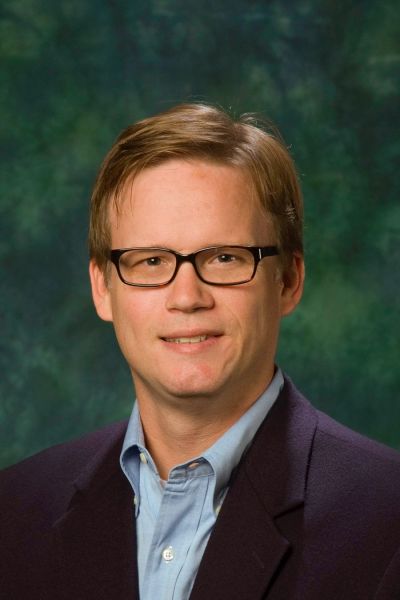By Todd Moye
As you know, OHA is a little over one month into a major transition. Our executive offices have moved across the state line from Georgia State University to Middle Tennessee State University, where Kris McCusker and Louis Kyriakoudes have taken over as co-executive directors and Faith Bagley is our new program associate. Faith will be responsible for our conference logistics, among other things. They bring a unique set of oral history, public history, folklore and administrative skills to these jobs, and we are lucky to have them putting those skills to work for OHA.
I can’t imagine that the transition could have gone any more smoothly than it has so far. As a result, OHA leadership now has a little more breathing space and a little more time to look toward putting the finishing touches on some dishes that have been simmering for a while now. Here I’ll highlight two of them.
Our newest standing committee, Emerging Professionals, grew out of an idea that bubbled up organically from a few members a few years ago. Council liked their idea of a mentorship program that would pair emerging professionals with seasoned veterans at the annual meeting, thought it successful, and created a task force to manage the program.
At our last board meeting Council decided to transform the task force into a standing committee. Emerging Professionals will continue to manage the formal mentorship program along with other informal initiatives and will advise Council on policies and procedures to make membership in the OHA more valuable for oral historians at the beginning of their respective careers. Their work is obviously crucial to the long-term success of our organization.
From my perspective, this is a great example of how our task forces, committees and Council should work together. Members approached Council with a good idea, Council empowered them to put it in place, and when it proved successful Council institutionalized it.
The Diversity Committee is engaged in another major initiative, our Diversity Fellows program—another example of a good idea that percolated up from membership through a committee, rather than from Council down. This one, however, came with a large price tag, and it has been percolating at the idea stage for a while.
In a nutshell, this program will place a member of an underrepresented group who can demonstrate an interest in making a career in oral history in an institutional oral history program or archive for a few months–or perhaps year-long paid internship focused on the fellow’s professional development. OHA and the partner institution would split costs. Our hope is that once a final plan and funds are in place, the committee and Council can move quickly to select the inaugural fellow and partner institution and that we will be able to scale up the number of fellows soon thereafter.
The committee nearly plated the dish last year, but we do have a few more steps to go through before we can serve it. I have tasked the committee this year with identifying potential institutional partners and writing at least a rough draft of a budget and fund-raising plan that Council could begin to implement as early as this year, with a goal of selecting a fellow as early as 2019.
This is a tall order and achieving it will require hours of work from the committee members—and OHA members who aren’t members of the Diversity Committee. We will depend on all of you. If you have good ideas that would help us achieve what Council has long recognized as a goal, please get in touch with committee chair Zaheer Ali. If you have an idea about anything else oral history-related percolating in your own mind, let’s talk.
